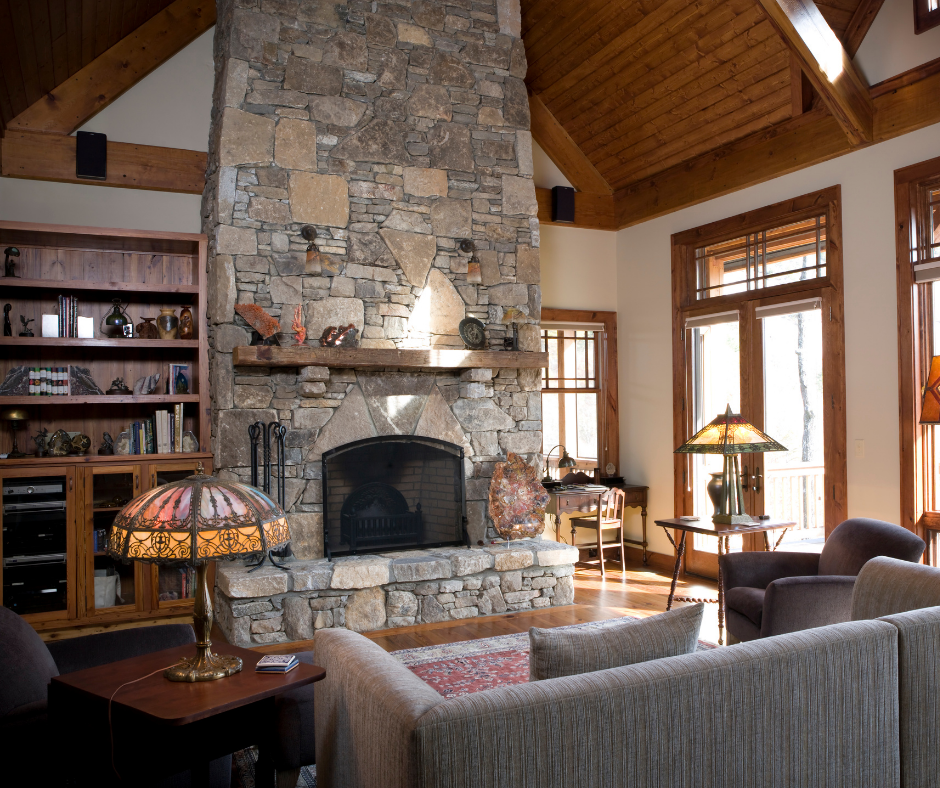Stone Walls and General Stone Work
Professional Stone Walls & General Stone Work in Bakersfield and area.
When you're planning to build a stone wall, you're faced with many challenges. Stone walls are thick, heavy, and often make a building's floor space smaller. In addition, they don't offer high tensile strength or flexural strength, making them especially vulnerable to earthquakes. It's imperative that you choose a stone masonry company with the necessary experience and skill to create a safe wall. After all, these walls cannot be moved or altered once installed, so careful attention is required to ensure proper stone masonry.
Tuckpointing a stone wall
Tuckpointing a stone wall and other general stonework can extend the life of your wall or chimney. It can also prevent further damage from weather and other elements. Tuckpointing should be part of your construction checklist, bid, or master plan. If you have questions about tuckpointing, contact Masonry Contractor Bakersfield California for a consultation. We have the expertise to provide expert advice and assistance for your next project.
Tuckpointing is a process that repairs and maintains mortar joints on stone walls. The process involves grinding out the old mortar, filling in the space with new mortar. It is a labor-intensive process, but the end result is worth the effort. Tuckpointing restores the appearance of the stone wall, prevents moisture, and provides a relatively waterproof joint between bricks or stone.
Repointing a brick wall
If you've decided to repair a brick wall, the process begins by digging out the vertical joints. Then, apply fresh mortar to the bricks. Start by repointing the bottom of the wall, as this is the area most susceptible to dampness. Work your way up. Remember, reporting is not an exact science, but it will take patience and a bit of effort to achieve good results. The process isn't easy, but the results will be worth it!
When you first start repointing your brick wall, be sure to work in temperatures between 40 F and 90 F. Too cold or too hot, and the mortar will become brittle. You should also repoint bricks that have been damaged by water or dampness. Older homes built before the 19th century should be treated with lime mortar instead of modern cement. Despite what your DIY-ing friends may tell you, this method will last for many years.
Before beginning, remember to use a garden hose to keep the dust at bay. You'll want to take your time while repointing, as the first few bricks can be quite tedious. The process can take days or weeks. Don't be tempted to skip the drying process - the result is a damaged wall! Also, be careful not to chip or gouge the brick. If you do get too impatient, you'll just ruin your repointing job!
Maintenance of a natural stone wall
Keeping your natural stone walls and general stonework in good condition is essential for their long-term beauty. It can become damaged over time due to human error, poor drainage, and graffiti. Proper installation, maintenance, and repairs can help keep your stone walls looking their best. In addition, you can hire a stonemason or preservation engineer to help you preserve your stone walls. Here are some things to keep in mind:
Get a free quote
Contact Us
We will get back to you as soon as possible.
Please try again later.
The cost of labor for building a natural stone wall is the largest component of the project. It can cost as much as $110 per hour for a mason or designer. You can get stone veneer for about $10 to $20 per square foot or use cinder block or plain block for less than $10 per linear foot. This is a more affordable option, but it requires a lot of maintenance.
Request a Free Quote
Request a quote
Contact Us
We will get back to you as soon as possible.
Please try again later.
Bakersfield Masonry Pros
Navigation
Navigation
Services
Working hours
- Mon - Fri
- -
- Sat - Sun
- Closed
Copyright Bakersfield Masonry Pros 2022.

